Blog
-

The Best Way to Clean Stainless Steel
Stainless steel has dominated the kitchen appliance industry for decades and remains one of the best materials to invest in when creating the perfect home kitchen. In fact, 75% of real estate agents state the stainless steel is still the most sought-after finishes that buyers look for in a kitchen.Read more -
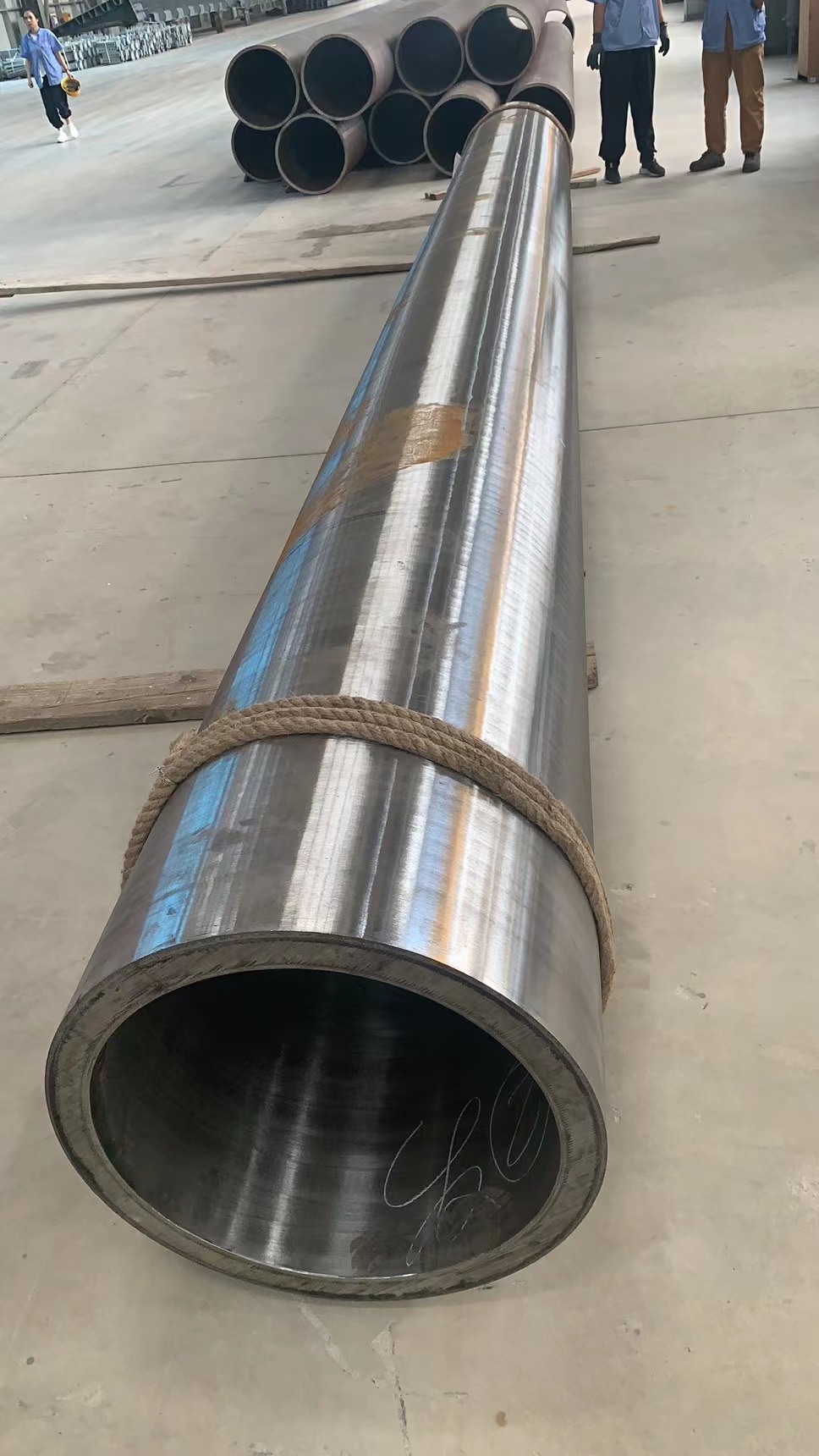
Technical Resources What is Stainless Steel & What is it Used For?
Stainless steel is a new phenomenon in the world of metallurgy, unlike iron which has been around for over a thousand years. Stainless steel was founded in 1913 by Harry Brearley of Sheffield, which is why Sheffield became synonymous with steel production.Read more -

Stainless steel-Why are some stainless steels magnetic?
Magnetism is fairly complex and is quantum mechanical in nature – this explanation is a simplified introduction. Within an atom, there are several layers of electrons at different energy levels. These energy states are called shells, and each shell can hold a discrete number of electrons. Each electron has an orbital spin of a certain orientation. If all electrons are paired with electrons of opposite spins, the “pull” of each electron is cancelled by its complement. Magnetic materials consist of atoms with only partially filled electron shells and a crystal structure that allows the alignments of electrons to be pulled into a particular preferred orientation. This combination of factors results in the densely packed FCC austenitic stainless steels being nonmagnetic.So, why would you choose one type of stainless steel over another? Cost and mechanical properties both play a role. For example, your flatware is most likely nonmagnetic or weakly magnetic, made from austenitic stainless steel. This type has good corrosion resistance (nobody would want to eat from rusty spoons), but due to the FCC structure that is stabilized by a high nickel content, cannot be hardened by heat treatment and can’t retain a sharp edge. Kitchen knives, by contrast, are usually made from magnetic martensitic stainless steel – it also has good corrosion resistance, but low to no nickel and higher carbon content, among other alloy additions, gives it hardenability through heat treatment and good sharp edge retention.Read more -
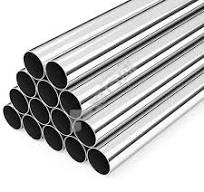
stainless steel Why did my Stainless Steel rust?
Compared to other metals and alloys, stainless steel is the most resistant to corrosion and will not rust under normal environments. Stainless steel, when it is exposed to oxygen, it forms a thin invisible layer called chromium oxide. Stainless steel can rust in adverse conditions. The corrosion attacks stainless steel when exposed to chemicals, moisture, and heat exposure for a long time. Ultimately, stainless steel can rust, but it takes time and only under certain circumstances.Read more -
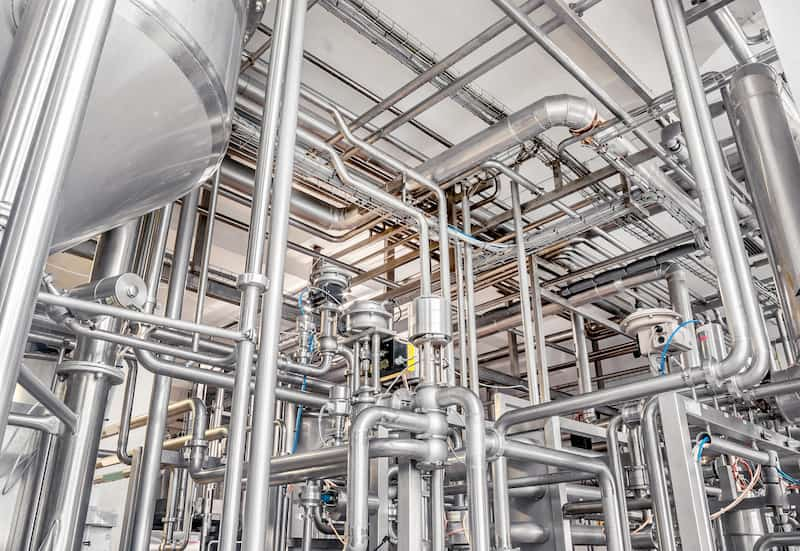
What Is Stainless Steel? Properties and Applications
The demand for stainless steel is increasing at a whopping 5% each year. In 2019, its global production reached over 52 million tons. At present, a wide number of industries utilise stainless steel. Aside from traditional and marine constructions, household appliances are also experiencing a rise in usage.Read more -
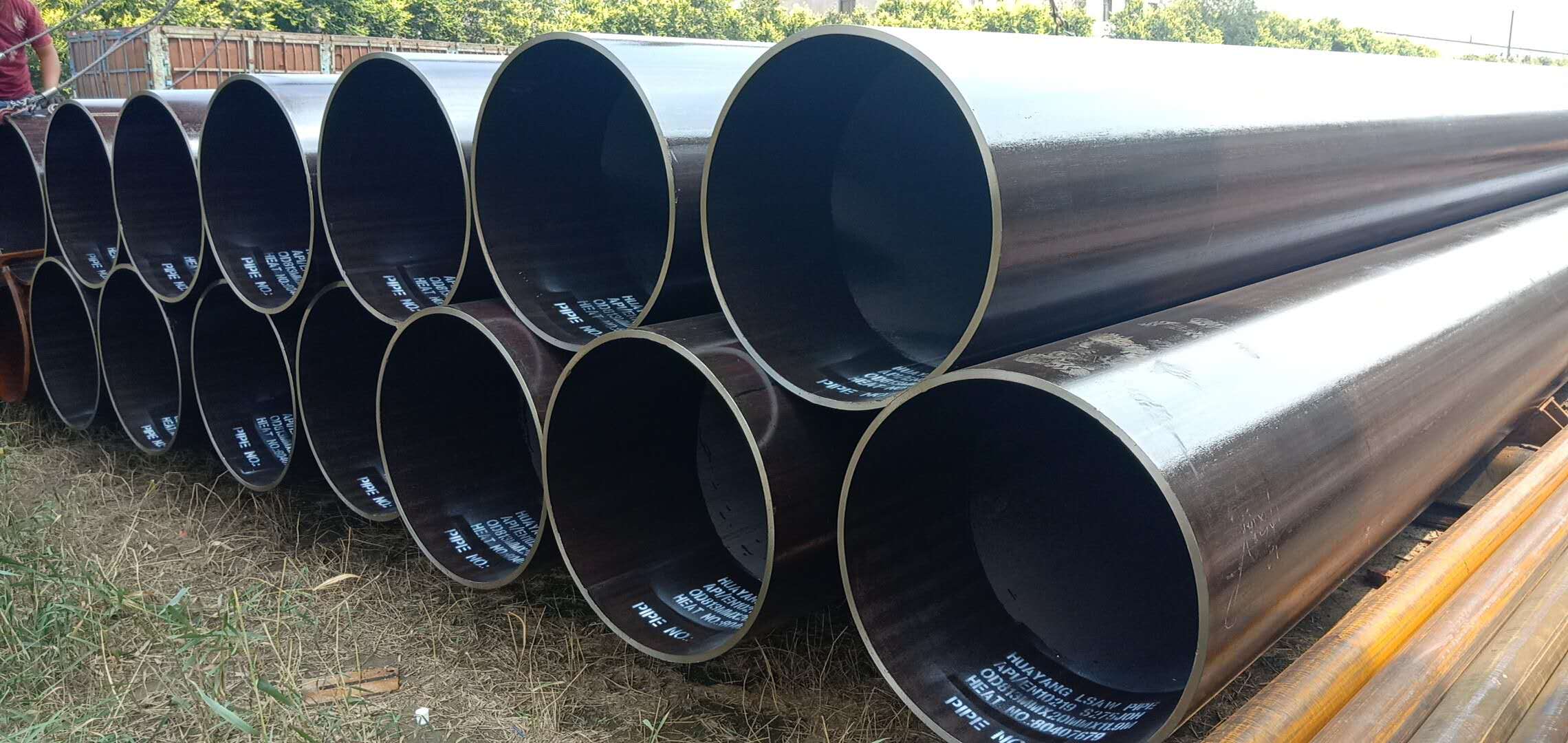
Stainless steel-IS STAINLESS STEEL MAGNETIC?
Stainless steel is widely renowned for being a strong and corrosion-resistant metal, but is stainless steel magnetic? This question is slightly more complex. The answer: it depends, because different grades of stainless steel have different magnetic qualities. Stainless steel does not, in fact, refer to a single type of material. Rather, think of it as an umbrella term for a group of materials that have different qualities and are composed of different elements.Read more -
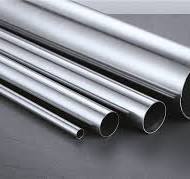
stainless steel Overcoming Saltwater Corrosionwith Stainless Steel
Metals are among the most versatile materials – they're incredibly flexible and strong. But they can be astonishingly fragile when exposed to certain conditions. Metals used in areas with significant saltwater exposure can be unforgiving to metals because corrosive exposure is inevitable in these applications.Read more -
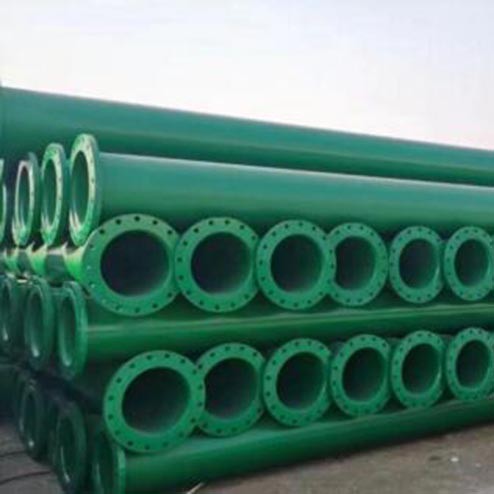
Stainless steel-What is Stainless Steel?
If you were to ask ten different people if stainless steel is magnetic or non-magnetic, you would likely receive a variety of responses. Most of us have experienced scenarios where something magnetic will fall off something made of stainless steel. Conversely, we’ve seen magnetic items stick to stainless steel in other situations. So, is stainless steel magnetic or not? The answer is not as straightforward as people think. It actually depends on the type of stainless steel. Some types are magnetic, while others are not. In this article, we’ll review the basics of stainless steel magnetism to help you understand the differences in stainless steel and why some are magnetic while others are not.Read more -
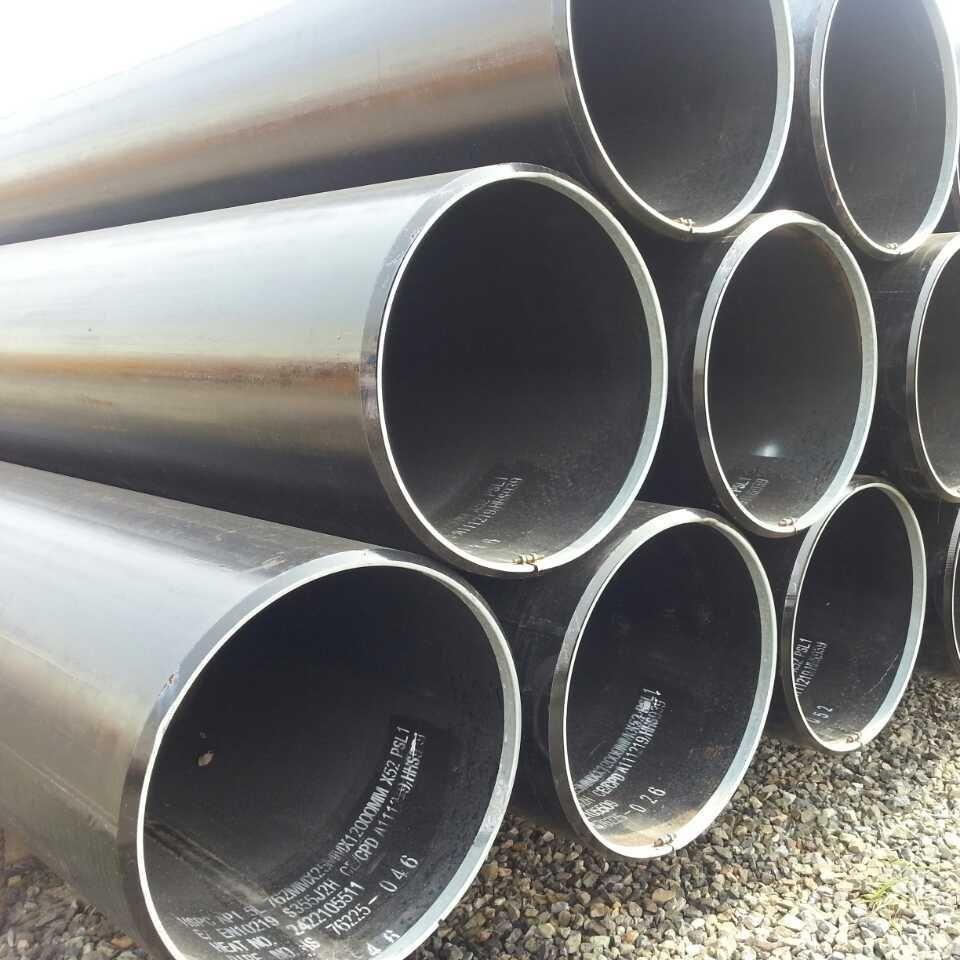
DISCOVER THE BENEFITS OF STAINLESS STEEL
The many unique benefits of stainless steel make it a powerful candidate in materials selection. Engineers, specifiers, and designers often underestimate or overlook these values because of what is viewed as the higher initial cost of stainless steel. However, over the total life of a project, stainless is often the best value option.Read more